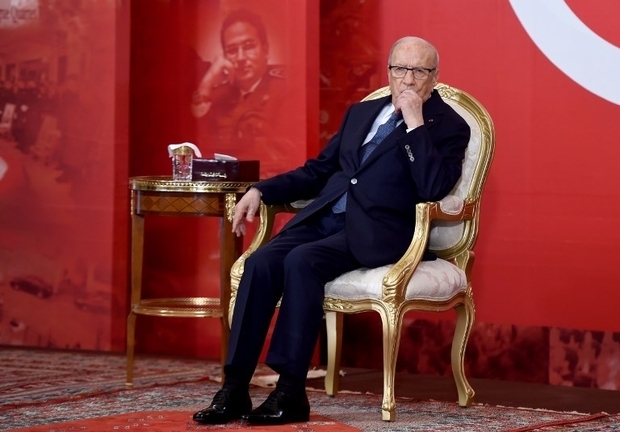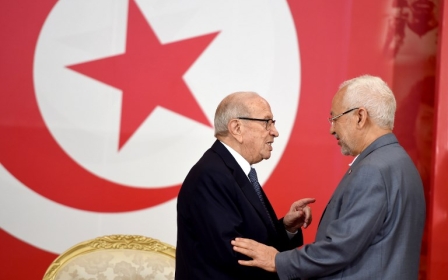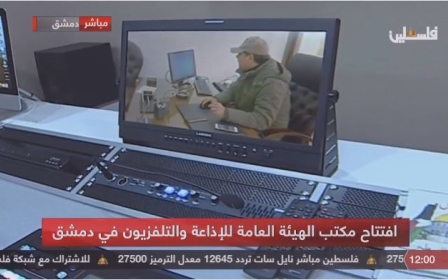Arabic press review: Essebsi loses case and cash in landmark court decision

Tunisian president fined after losing case against citizen
The Tunisian judiciary has ordered President Beji Caid Essebsi to pay a fine of litigation and accrued expenses after losing a case against a Tunisian citizen. The ruling sets a new precedent in the Arab world and was reported by the London-based newspaper al-Araby al-Jadeed.
Essebsi lost a case he filed against Imad Deghij, a Tunisian citizen the president accused of inciting against him on social media.
Essebsi presented the case against Deghij to the public prosecution at the trial court in Tunis, where he complained about Deghij’s alleged threats. He pointed to comments and videos Deghji has previously shared on social media as evidence. Deghij was an active member of the so-called League for the Protection of the Tunisian Revolution activist group.
The president said he suffered damage and threats to his safety, as well as to his family, as a result of these posts.
The trial court in Tunis convicted Deghji and sentenced him to a suspended sentence. However, he objected to the sentence and appealed it. Last week, the appeals court in Tunis acquitted the defendant, in addition to holding Essebsi responsible for paying the case charges.
Saudi TV channel in Iraq provokes anger
The launch of a Saudi TV channel in Iraq has sparked a wide debate, with an Iraqi politician attacking the station, calling it a "cultural invasion attempt", according to London-based newspaper al-Quds al-Arabi.
Saudi Arabia's MBC Group, which owns a number of TV channels, radio stations and websites, announced that it would launch MBC Iraq, a station dedicated to Iraq alone.
However Iraqi MP Laith al-Athari attacked the MBC Group, describing this move as "a despicable attempt to dismantle Iraqi society and invade the minds of young people".
He said during an interview with Iraqi media: "We cannot trust the methodology and policy of this media group," calling on the Iraqi National Communication and Media Commission to "set controls and conditions on it," according to al-Quds al-Arabi.
He added that "the methodology and policy of an institution that used to consider [Islamic State group] terrorists as rebels and dedicated all of its media outlets to this group cannot be trusted," noting "its negative and suspicious positions supporting terrorism in Iraq".
"This step aims to invade the minds of young people and the Iraqi family after their failure in the terrorist invasion," the Iraqi MP said.
Stay informed with MEE's newsletters
Sign up to get the latest alerts, insights and analysis, starting with Turkey Unpacked
Middle East Eye delivers independent and unrivalled coverage and analysis of the Middle East, North Africa and beyond. To learn more about republishing this content and the associated fees, please fill out this form. More about MEE can be found here.




